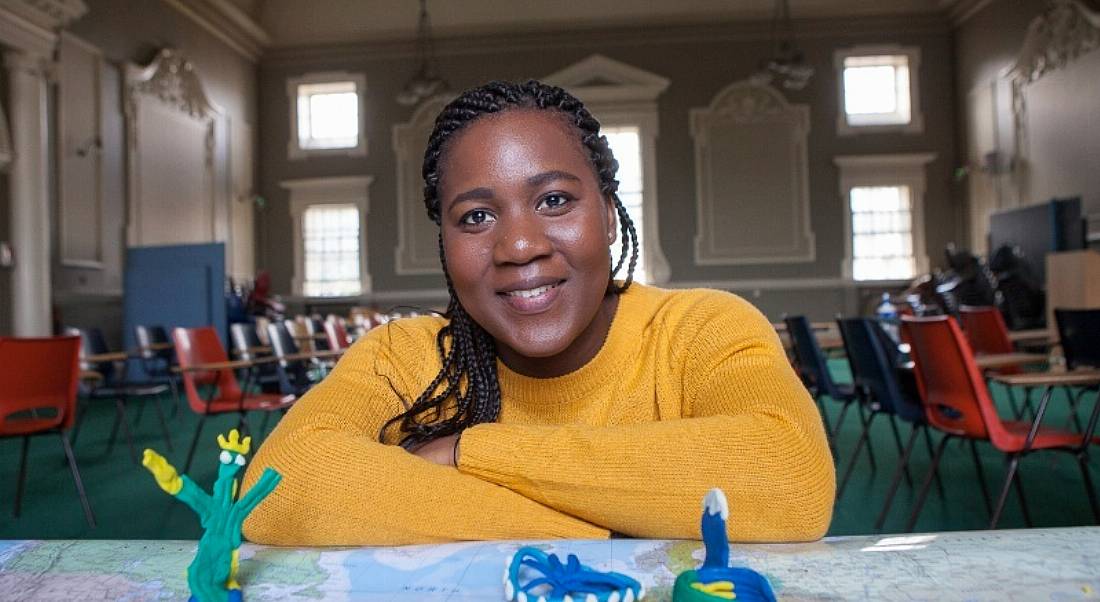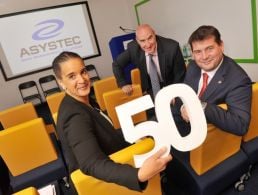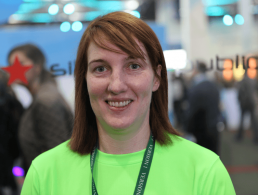Results from the first year of the innovative Trinity Access 21 programme, which supports greater use of technology and collaborative learning in secondary schools, and tackles educational disadvantage, are to be announced at a conference in Trinity College Dublin this afternoon (18 September).
Trinity Access 21, which was piloted in 15 secondary schools and saw the participation of 8,000 students and 300 teachers, seeks to improve computer science and STEM capacity within DEIS schools.
The initiative also addresses educational disadvantage through the Mentoring, Leadership and Pathways to College programme, which focuses on building a strong college-going culture.
Teachers who participated in the Trinity Access 21 project reported that they are now more confident using technology in the classroom and that they have successfully implemented collaborative and technology-mediated learning.
For the students, the results are palpable. Not only do they now communicate more actively with their parents and the wider community about their future, they also have a stronger desire to attend college and are more confident about their ability to do so.
Speaking about the project, Trinity Access Programmes Director Cliona Hannon said: “The students who worked with us on the College for Every Student project are inspiring. They have developed and implemented tremendous leadership projects, set new goals for their future careers and planned out what they need to get there. The research evidence shows the potential for educational change within this model.”
Scaling up
Trinity Access 21 is expected to announce plans to scale up the existing project, expanding it to cover even more schools and communities through the development of the 21st Century Schools of Distinction programme.
This will support a wider range of schools as they develop mentoring programmes, leadership through service, pathways to college, and 21st-century teaching and learning skills.
In this way, the project will support DEIS schools – schools in disadvantaged areas – to ensure all students are equipped to pursue higher learning.
Tom Boland, chief executive of the Higher Education Authority, was quoted as saying: “Challenges remain for communities where there are still low levels of participation and fresh solutions are needed to make a real contribution to encouraging increased participation in both further and higher education. I welcome the Trinity Access 21 initiative as an innovative approach by the third-level sector to deepening engagement with schools and local communities and look forward to hearing of further progress”.
Developed by Trinity Access Programmes, Bridge21 and the School of Education, in collaboration with US non-profit College for Every Student, Trinity Access 21 is funded by Google.




